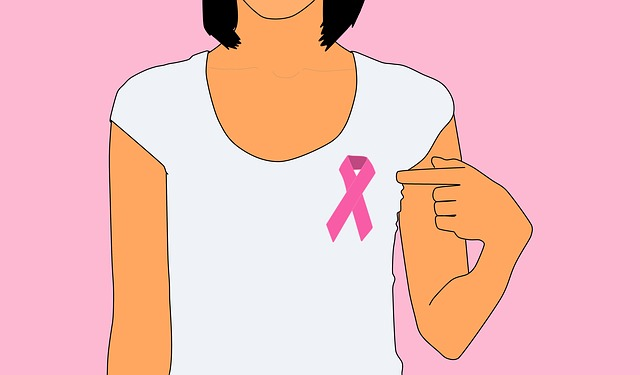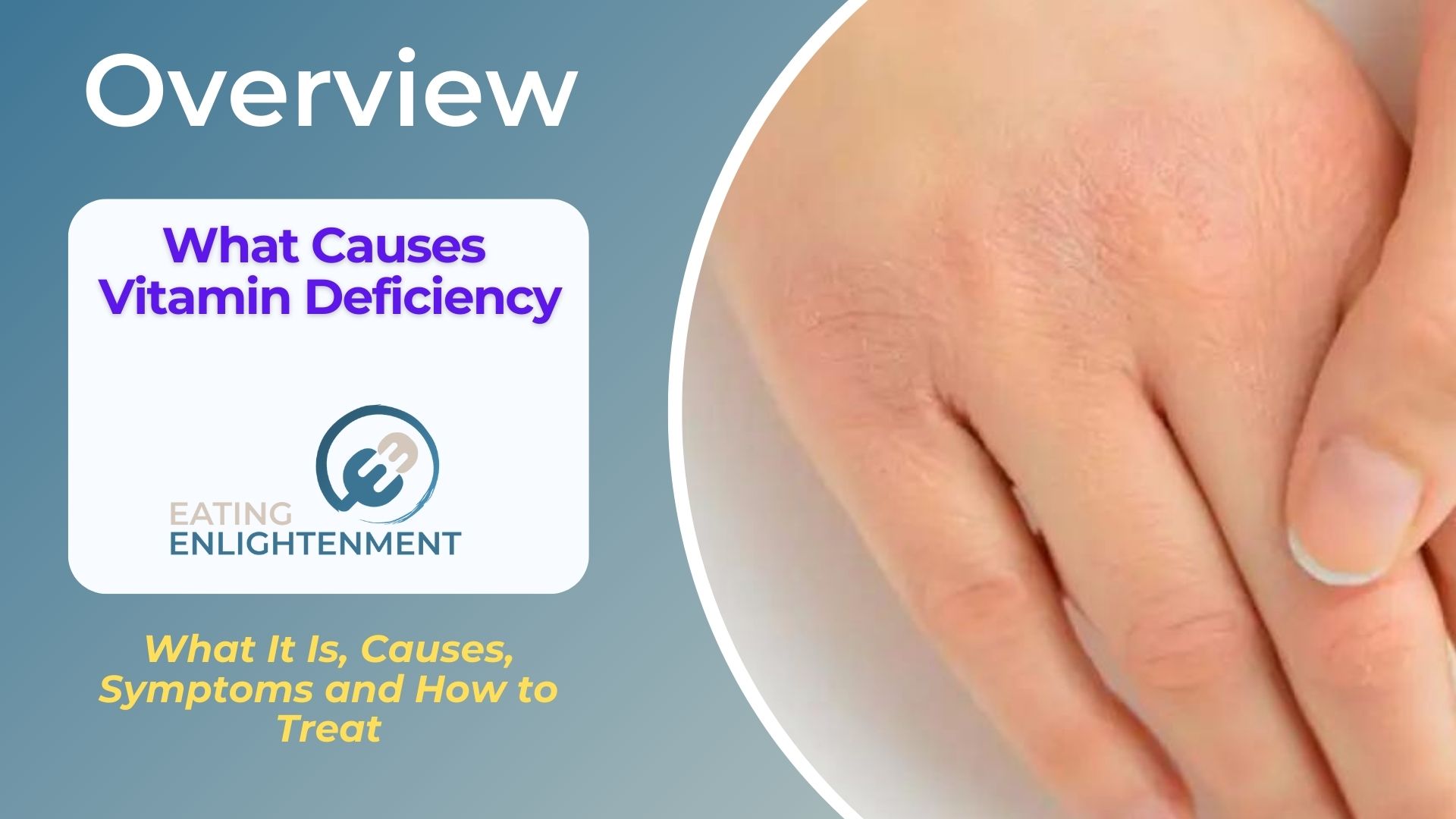You may have heard of different vitamins such as Vitamin A, C, D, etc. What you might not know is that these vitamins are essential for human health.
In fact, they are so important that a deficiency in any one of them can cause a host of problems.
In this blog post, we will discuss what is vitamin deficiency and some of the causes and symptoms associated with it.
We will also talk about treatment options for those who are deficient in vitamins.
What is Vitamin Deficiency?

Vitamin deficiency occurs when there is a lack of one or more vitamins in the body. This can happen for a variety of reasons including poor diet, certain medical conditions, and medications.
Vitamin deficiency can lead to a number of health problems including fatigue, weakness, and muscle aches. In severe cases, vitamin deficiency can even lead to death.
There are many different vitamins that are essential for human health. Some of the most important vitamins include:
- Vitamin A
- Vitamin B12
- Vitamin C
- Vitamin D
- Vitamin E
- Vitamin K
Each of these vitamins has a specific function in the body and a deficiency in any one of them can lead to health problems.
Causes of Vitamin Deficiency

There are a number of different causes of vitamin deficiency.
The most common cause is poor diet. If you don’t eat a balanced diet that includes all the major food groups, you may be at risk for vitamin deficiency.
Other causes include:
- Poor absorption due to digestive problems or surgery
- Excessive alcohol consumption
- Use of certain medications
- Pregnancy or breast-feeding
- Poor lifestyle choices such as smoking
If you are worried about a possible vitamin deficiency, for peace of mind you should order an online vitamin deficiency blood test. Read about the top best blood tests for vitamin deficiency here.
Poor diet
We forget about maintaining a healthy diet in the world where we eat at fancy restaurants.
What we eat is the basic source of vitamins for our organism and if we do not have a varied diet, it might lead to some problems with our health in general and with the level of vitamins in our blood especially.
There are many foods that you can avoid eating and still get the vitamins your body needs, but it is important to eat a variety of foods to make sure you are getting all the nutrients you need.
Some of them are :
- Fruits and vegetables of all different colors, including dark leafy greens
- Whole grains such as oats, quinoa, and barley
- Beans, lentils, and peas
- Nuts and seeds
- Fish and shellfish
- Poultry and lean meats
- Dairy products
- Eggs
Common foods to avoid include:
- Processed meats such as bacon, sausage, and deli meats
- Refined grains such as white bread, white rice, and pasta
- Sugary drinks such as soda and fruit juice
- Junk food such as chips, cookies, and candy
Symptoms and health risks of vitamin deficiency

The symptoms of vitamin deficiency vary depending on which vitamin is lacking.
There are lots of different symptoms of vitamin deficiency, and they can range from mild to severe. It’s also important to note that some people may not experience any symptoms at all.
I also suggest that you consult with your doctor if you think you may be deficient in vitamins.
As a result, some typical symptoms include:
- Fatigue
- Weakness
- Muscle aches and pains
- Problems with vision or hearing
- Difficulty concentrating
- Memory problems
Health risks of vitamin deficiency
There are many different health risks involved with vitamin deficiency.
Some of the most common include:
- Anemia
- Bone loss
- Cognitive problems
- Depression
- Heart disease
- Weakened immune system
- Treatment for Vitamin Deficiency
If you think you may be deficient in vitamins, it’s important to see a doctor.
They can order blood tests to check your vitamin levels and recommend a treatment plan.
Diagnosis

The first step to diagnose is to identify the signs and symptoms.
If you think you may be deficient in vitamins, it’s important to see a doctor.
They can order blood tests to check your vitamin levels and recommend a treatment plan. You can also order our online tests for vitamin deficiency.
One of the important thing to keep in mind is that, due to excessive information available online people often confuse symptoms of different deficiencies and start to self-medicate.
It may be quite hazardous and I strongly discourage you from doing it. You should not jump to conclusions until you seek professional help.
Treatment

You can also take some steps to prevent vitamin deficiency. It’s one of the underestimated ways to prevent the deficiency.
Here are some tips:
- Eat a balanced diet that includes all the major food groups.
- If you have any digestive problems, see a doctor to find out if you’re absorbing nutrients properly.
- limit your alcohol intake.
- Quit smoking.
- Start exercise.
- If you’re pregnant or breast-feeding, make sure you’re getting enough vitamins.
- If you take any medications, ask your doctor if they could interfere with vitamin absorption.
You can also take vitamin supplements to prevent deficiency. But again, it is best to speak with a doctor before taking any supplements. You can also read our detailed blog post about vitamin deficiency, if you’re interested to learn more about it.
Some self-care tips include:
- Eating a balanced diet that includes all the major food groups.
- Taking a daily multivitamin.
- Exercising regularly.
- Quitting smoking.
- Managing stress.
- Getting enough sleep.
Summary
Vitamin deficiency is a condition where you don’t have enough vitamins in your body. Vitamin deficiency can cause a variety of symptoms, ranging from mild to severe.
It can also lead to a number of health risks, such as anemia, bone loss, cognitive problems, depression, heart disease, and weakened immune system. If you think you may be deficient in vitamins, it’s important to see a doctor.
They can order blood tests to check your vitamin levels and recommend a treatment plan. You can also take some steps to prevent vitamin deficiency, such as eating a balanced diet, exercising regularly, and quitting smoking.
If you’re pregnant or breast-feeding, make sure you’re getting enough vitamins. You can also take vitamin supplements to prevent deficiency.
Some self-care tips for managing vitamin deficiency include eating a balanced diet, taking a daily multivitamin, exercising regularly, quitting smoking, managing stress, and getting enough sleep.
Search our database for more comprehensive supplement and vitamins reviews.


